By Kaitlin Dunn, Writer, Hospitality Sales and Marketing Association International (HSMAI)
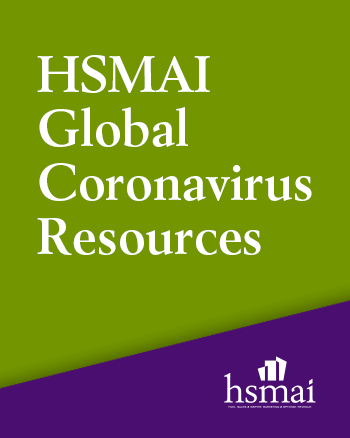
1. KEEP YOUR MIND ON RECOVERY:
- “There seems to be a race to the bottom. How can we set everything so aggressively we can survive the next few months? But you also have to keep in mind coming back out. I’m interested to see how companies manage through that. I imagine if you let everyone go, when you decide to bring them back, there’s a process that won’t be very efficient and you may not have an engaged group to help you recover quickly.”
- “If we’re going to cut off our nose to spite our face right now, we have to be ahead of the recovery with our planning and strategy and building and implementation. If we start to cut our teams too aggressively, we’re not going to be out in front of it.”
- “Hotels that dropped rate in previous downturns were the slowest to recover, so we are working to make sure owners and managers know they should hold rate and help them understand that undercutting everyone isn’t going to help them in the long run.”
- “We’re trying to maintain a hyper focus on our customers and understand where they are emotionally. We want to understand what consumers need from us. We’re hoping this approach will take us through the long term and we will be there when they are ready to purchase again.”
2. FORGE STRONG COMMUNICATION BETWEEN OWNERS AND MANAGERS:
- “We have close engagement with our ownership groups, since they’re funding a lot of the efforts. We’ve been very close in forecasting with them, so they’re prepared and feel engaged with us and we can get our teams back in place.”
- “We’re making sure management and ownership are aligned. It allows you to make tough decisions and gives you support when reopening. Engaging with folks really helps.”
3. FIND POSSIBILITIES FOR REINVENTION:
- “I think this is a world where we’re going to have to reinvent. We’re focusing on capabilities that have value and efficiencies. A lot of it is around automation.”
- “We’re treating it as if we’re a new company and questioning everything. When we open back up, it’s not going to be the same as we were before. We have this opportunity to rethink everything going forward.”
- “The importance of knowing who your key players are. That way you can understand what your team is going to look like. It’s making me stop and rethink a lot of roles and where those roles sit within the organization.”
- “We’re looking at this as an opportunity to reemerge differently by accelerating some capital projects, and we plan to come out of it in a stronger position.”
4. KEEP AN EYE ON CHINA:
- “In China, they were in the process of closing for three weeks. We’re still in that three-week period. Then they went through four weeks of being closed, but eventually after that four-week period, they started opening again and most are open now. So, we could be opening back up around mid-May, but April is going to be really tough.”
- “We’ve had the benefit of seeing the China strategy. It’s provided some calmness, because we can anticipate what things are going to look like.”
For additional information, insights, and tools, visit HSMAI’s Global Coronavirus Resources page.
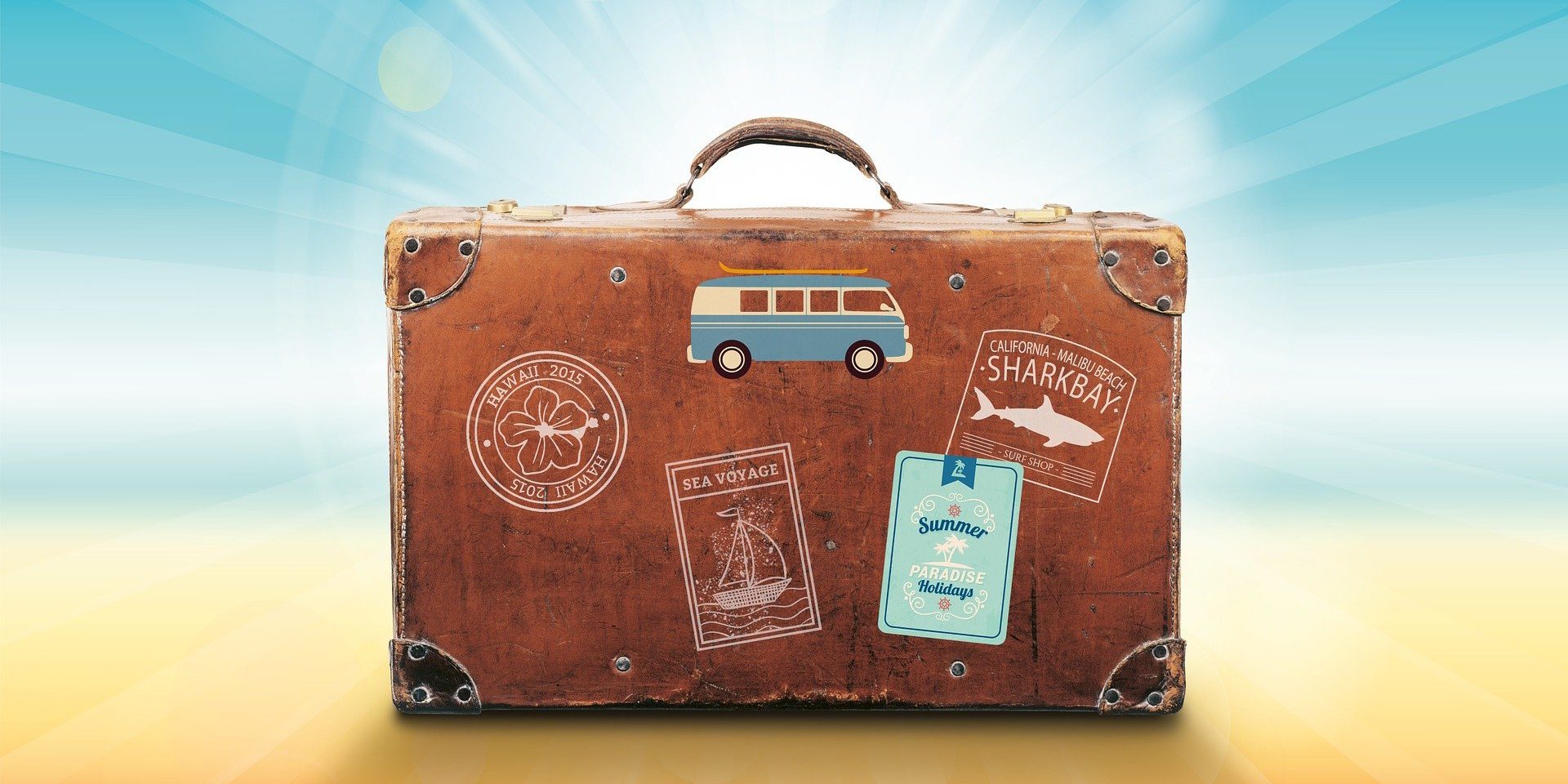



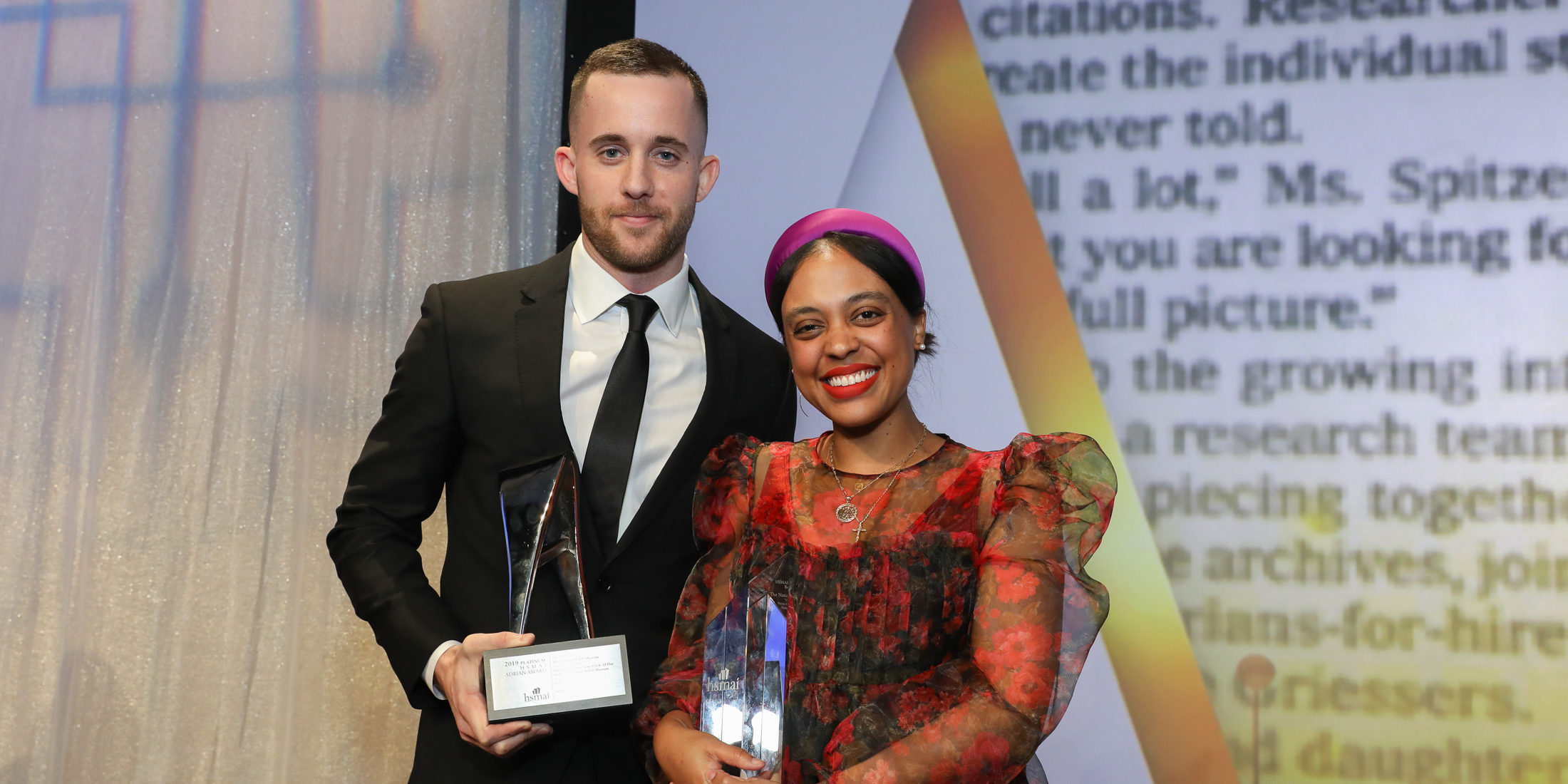
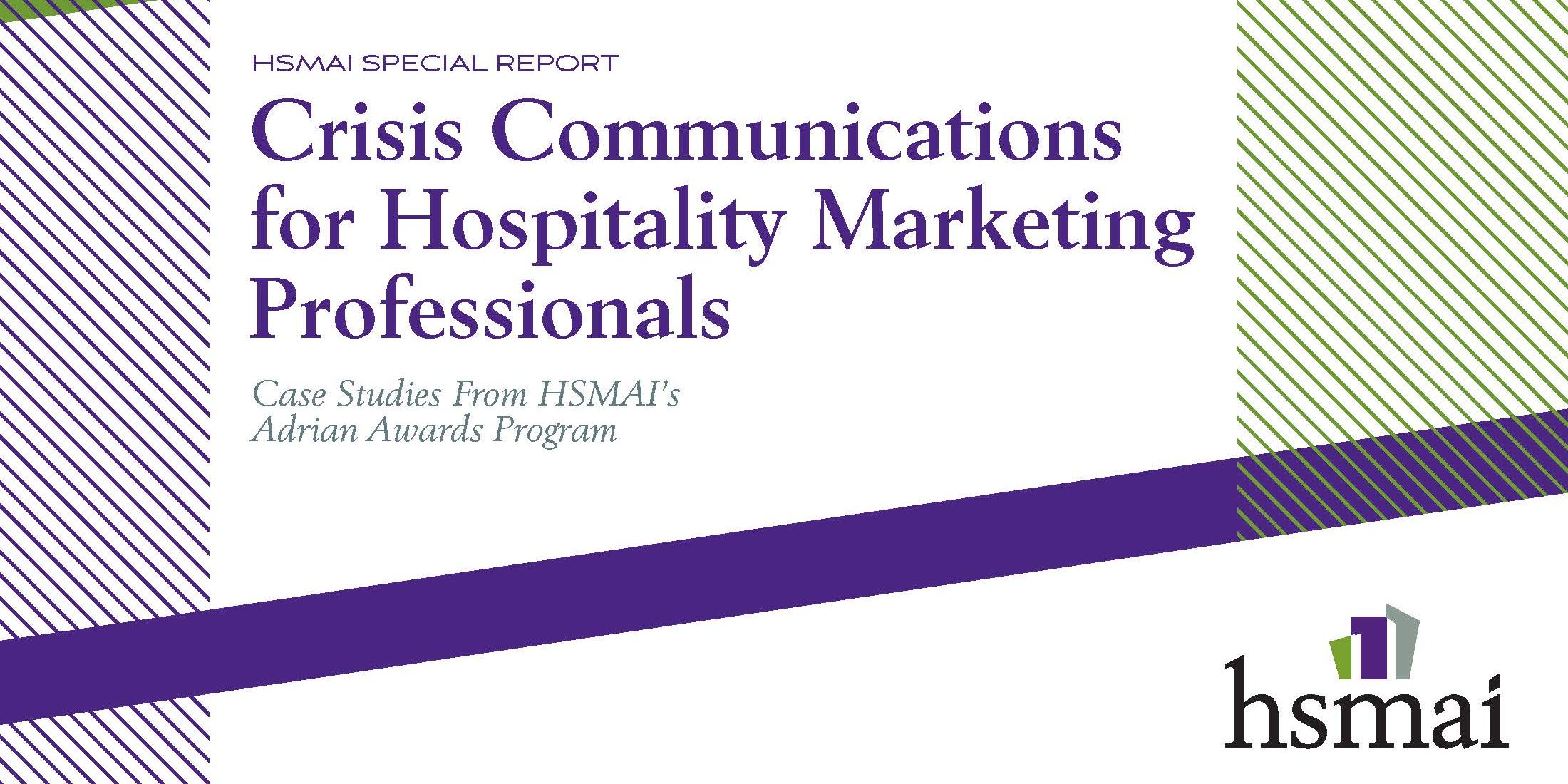

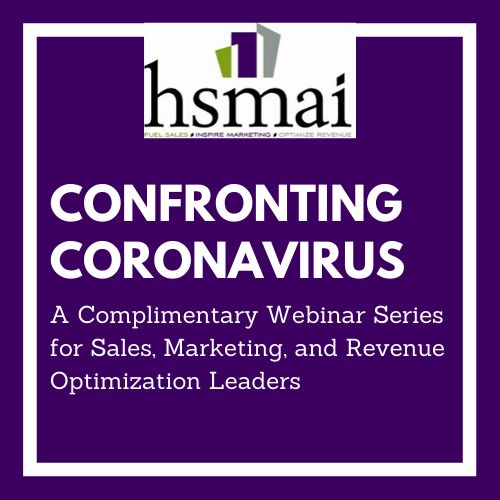 Hoteliers find themselves in an unknown environment as the coronavirus continues to spread and the situation evolves, creating a challenge when it comes to communicating with clients, partners, and other stakeholders. Laura Guitar, executive vice president and partner at rbb Communications, and Chris Davidson, executive vice president of insights and strategy at MMGY Global, shared their perspectives and tips for hospitality marketing professionals as part of a program in HSMAI’s Confronting Coronavirus webinar series called “Crisis Communication and Marketing Expert Insights” on March 12. Here are key takeaways from their presentation:
Hoteliers find themselves in an unknown environment as the coronavirus continues to spread and the situation evolves, creating a challenge when it comes to communicating with clients, partners, and other stakeholders. Laura Guitar, executive vice president and partner at rbb Communications, and Chris Davidson, executive vice president of insights and strategy at MMGY Global, shared their perspectives and tips for hospitality marketing professionals as part of a program in HSMAI’s Confronting Coronavirus webinar series called “Crisis Communication and Marketing Expert Insights” on March 12. Here are key takeaways from their presentation: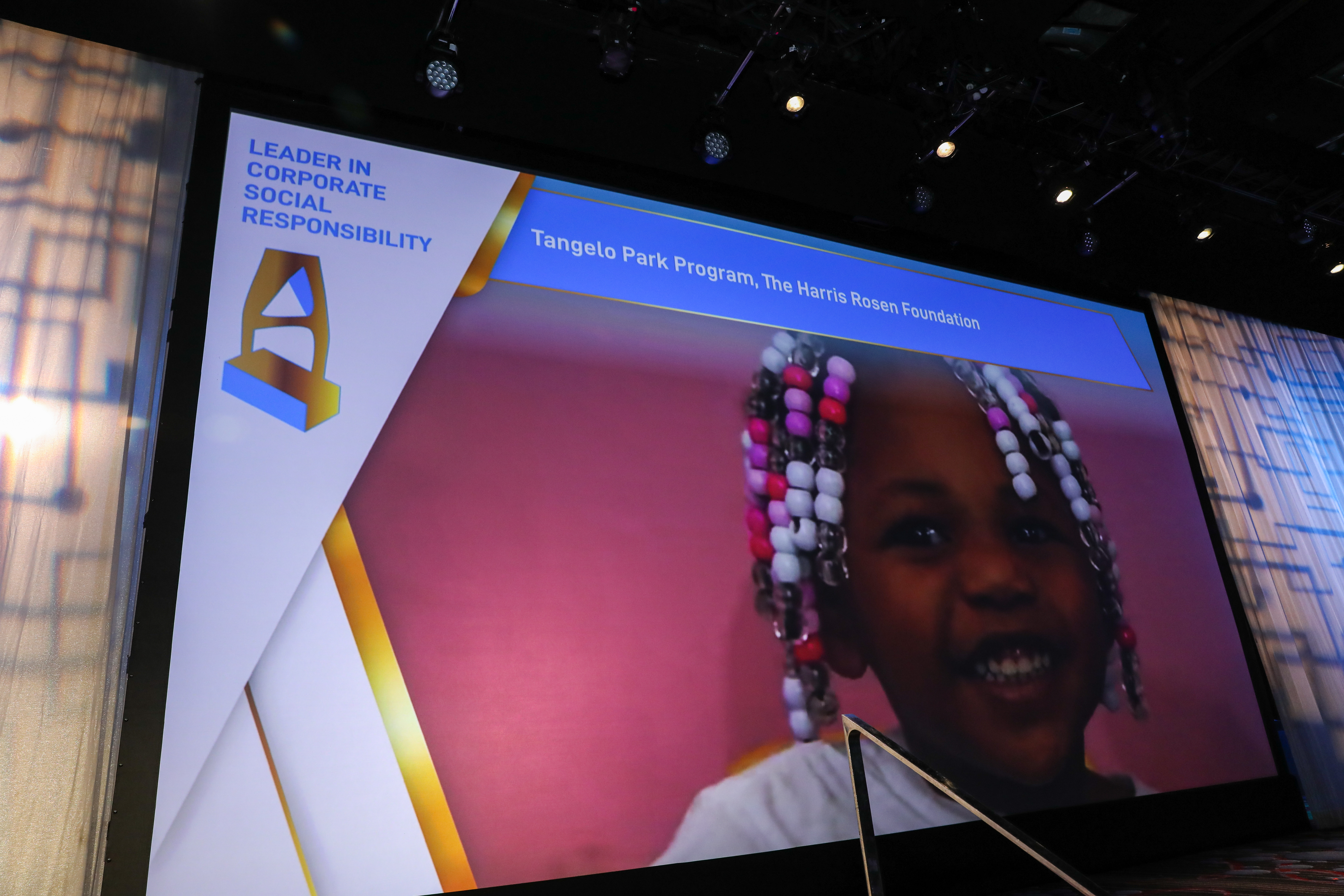
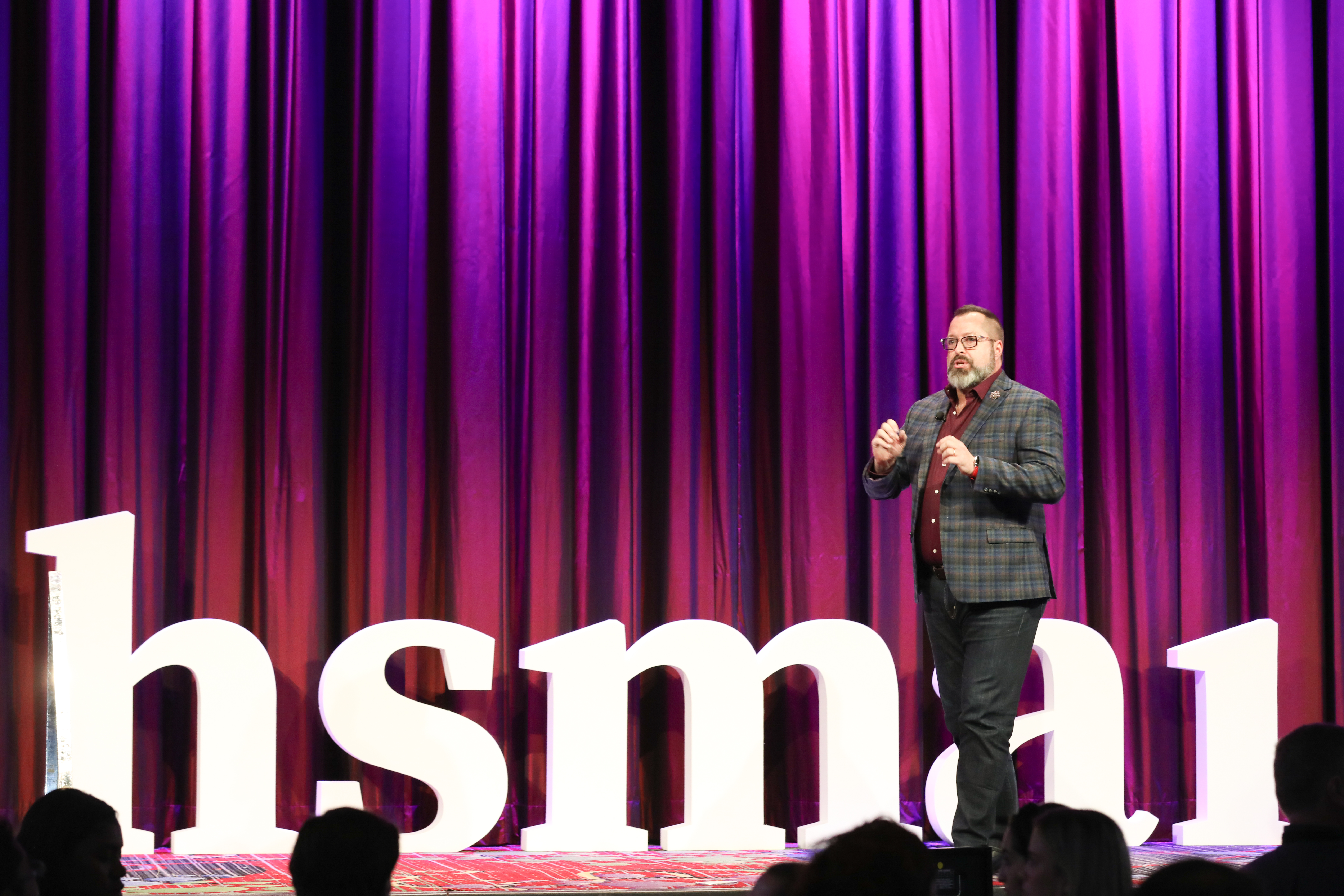
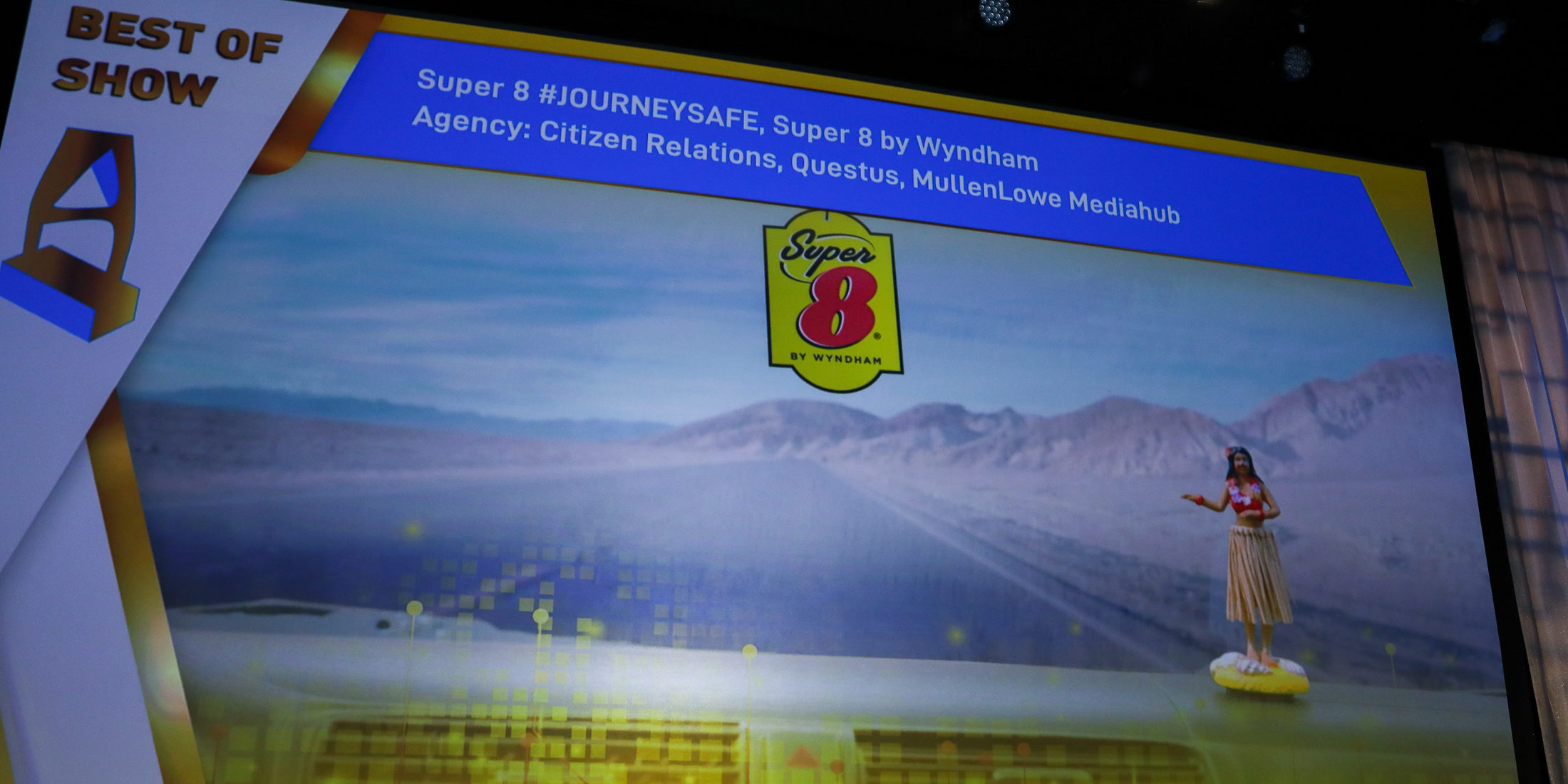
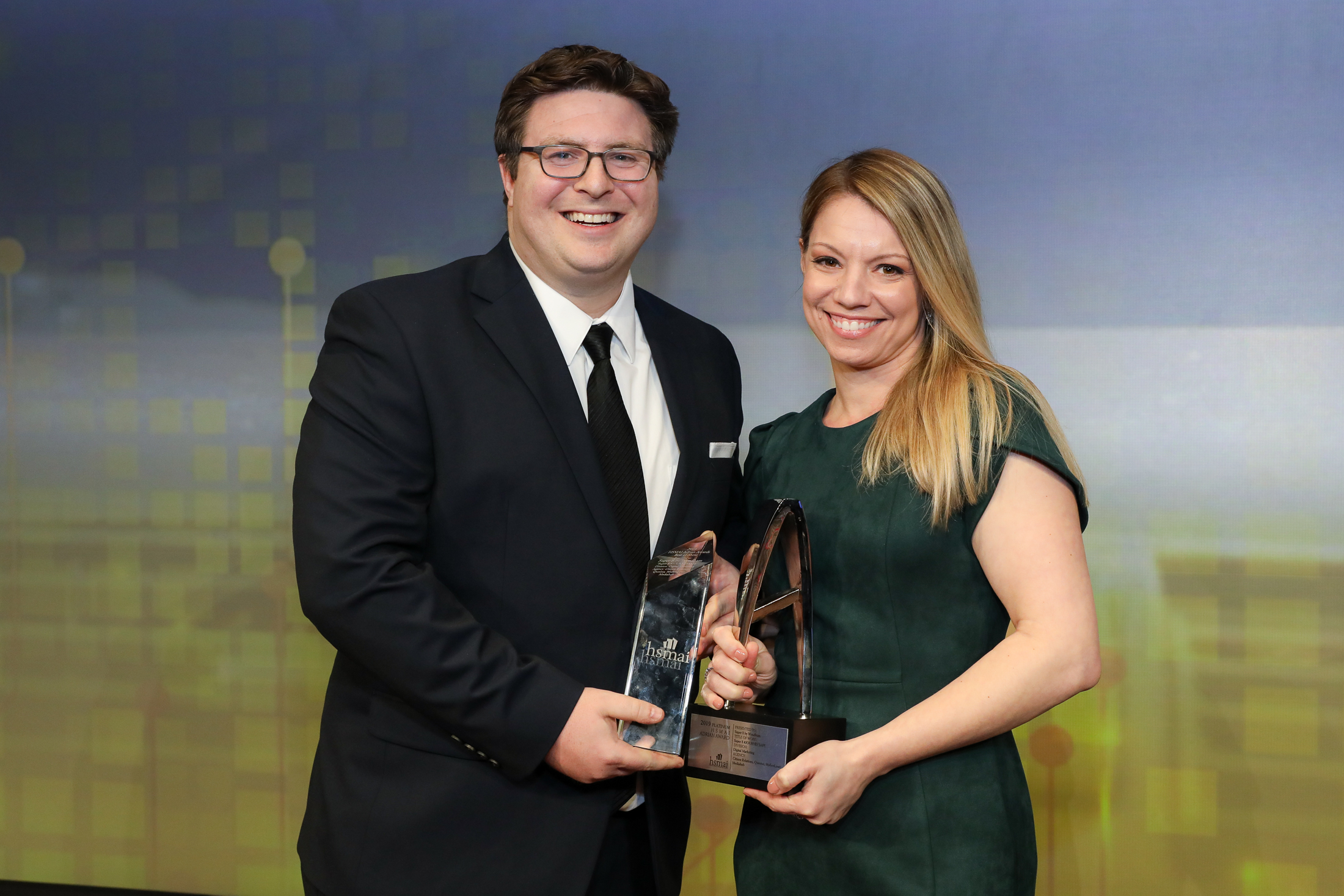 WHY IT WON: Adrians judges were very impressed with Super 8’s #JOURNEYSAFE. Here is what several of them had to say about why they thought it was the best of the best:
WHY IT WON: Adrians judges were very impressed with Super 8’s #JOURNEYSAFE. Here is what several of them had to say about why they thought it was the best of the best: